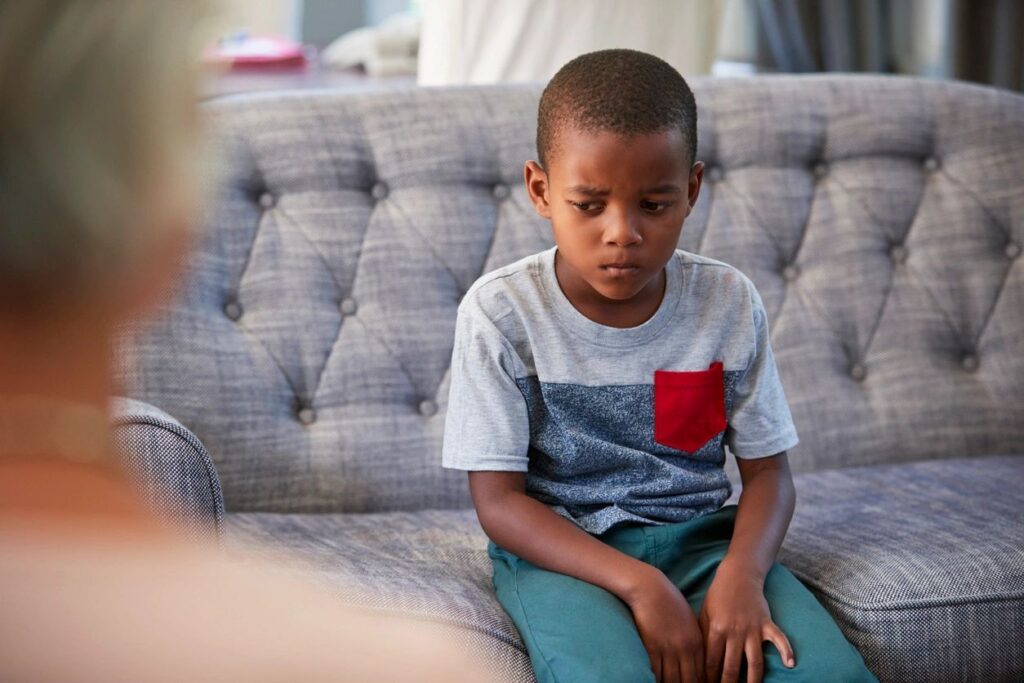
Physical Punishment, Childhood Maltreatment Linked to Antisocial Behaviors in Adulthood
Problematic behaviors in adulthood often have roots in childhood, and a new study of over 36,000 adults in the United States adds more evidence for that idea.
In the study, researchers from University of Manitoba looked at whether the type of childhood someone has can predict how likely they are as adults to have symptoms of antisocial personality disorder, which include patterns of lawbreaking, deceitfulness, aggression and recklessness.
The researchers asked participants how often they’d experienced harsh physical punishment and child maltreatment when growing up.
For the purposes of the study, harsh physical punishment was defined to include pushing, shoving, hitting, slapping or grabbing. Child maltreatment included physical abuse, emotional abuse, sexual abuse, physical neglect, emotional neglect, or witnessing intimate partner violence.
Overall, almost a fifth of the participants reported experiencing physical punishment, and nearly half had experienced some type of child maltreatment.
Both physical punishment and childhood maltreatment had robust links with subsequent antisocial symptoms in adulthood. This was true for both men and women although in the case of childhood maltreatment the effect was more extreme in men.
Based on these findings, the researchers estimated that for both adult men and women, between 45 and 50 percent of all antisocial behaviors can be explained by childhood physical punishment and maltreatment.
Those numbers are, of course, subject to revision as more data comes to light. For example, it’s possible that there are other variables involved that the researchers didn’t account for. Still, this finding is a stark warning about the long-term effects of physical punishment and childhood maltreatment.
Specifically, the results suggest that physical punishment and maltreatment in childhood have serious negative consequences both for the child involved and for society more generally. Because antisocial behavior takes a significant toll on society, it’s likely that reducing harsh physical punishment and child maltreatment would have beneficial society-wide effects.